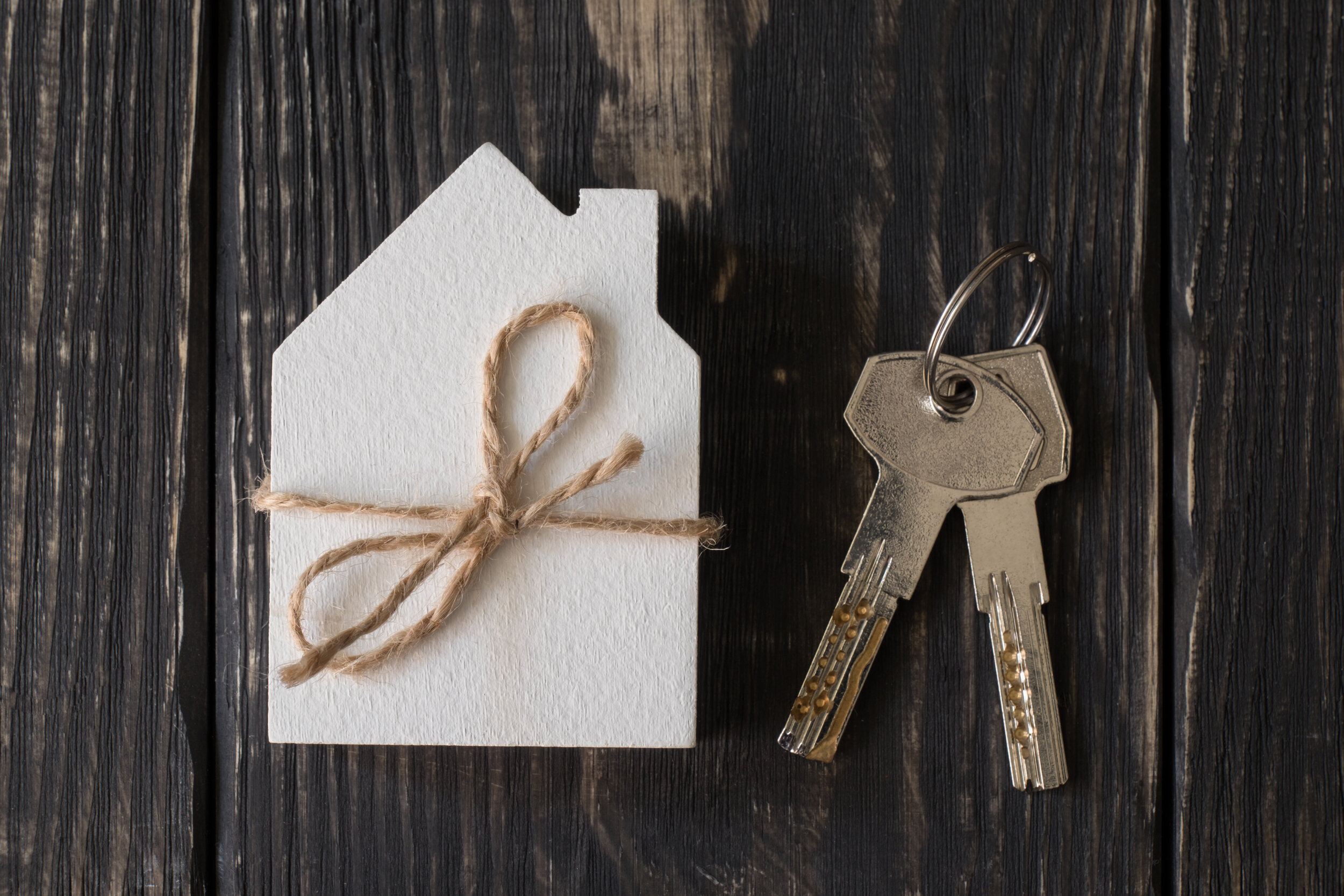8 Things Buyers Must Do Before Closing
You’ve found your new home, negotiated the contract, navigated the home inspection and repair negotiations, anxiously awaited the appraisal report, and are approved for your loan. Congratulations! All that remains is signing on the dotted line and picking up the keys. Not so fast! Before you do that, follow the steps below to prepare for a smoother closing.
#1 Secure Homeowners Insurance
Chances are that your lender will have you do this early in the transaction, so you might as well start this one early on. If you live in an area where natural disasters like forest fires, floods, earthquakes, or hurricanes occur, you’ll need separate insurance to cover your home and protect your investment from these hazards. Pro Tip: Have your Home Inspection Report handy while shopping around and setting up insurance since information in it might help you answer the insurance questionnaires. I, for one, would not have been unable to answer foundation questions without my Inspection Report (because I was not going to crawl into the crawl space).
#2 Set Up Utilities
In the week prior to closing, it's a good idea to set up your new utilities. Utilities should be in your name starting the day after closing. For internet, cable, and/or phone accounts, it might be a good idea to contact them even earlier since they are often booked out and may need to schedule you out a week or three and/or mail your equipment to you.
#3 Prepare Closing Funds
If you owe money at closing (as most buyers do) those funds are typically requested a few days before your set closing date. Ask the escrow company what forms of payment are accepted and when the funds are due and plan accordingly.
#4 Prepare for and Set a Signing Appointment
Your final signing appointment is scheduled by the escrow company and usually takes place a day or two before your set closing date. Check in with the escrow company to get an estimated timeline about a week prior to your closing date. Let the escrow company know if there are days and times that work best for you to meet and sign the final documents and if there are any days or times that you aren't available.
If you have a tight schedule and/or can't make it into the escrow office during regular business hours, request an evening or weekend signing with a Notary, but know that appointments outside of regular business hours might have a small convenience fee attached.
#5 Review Your Final Loan Estimates
Your lender provided a Good Faith Estimate (GFE) with estimated closing costs early in the transaction. Some of the fees on your GFE can change a little while others can't. Before you go to your final signing appointment, compare the numbers on your GFE with the numbers on your final loan estimate and the escrow companies estimated settlement statement. If you have any questions about fees that changed, ask your loan officer for clarification. Your signing appointment will be faster and smoother if you review all of the numbers and address questions before the appointment.
#6 Schedule and Complete a Final Walk-Through
It's best to do one final walk-through at least a day or two before your signing appointment, so issues can be spotted and addressed before you sign your final documents and proceed to closing. Here's what you want to look for during that walk through.
Have all repairs, negotiated and agreed upon in the contract, been completed? Were receipts provided?
Did the sellers remove all their personal belongings and trash?
Is the home clean (if the contract stipulates seller cleaning)?
Do the electronics, appliances, and HVAC still work?
Do you see anything out of place or unexpected?
Pro Tip: Bring a copy of your repair negotiation document and any related estimates or documents to use as a checklist of repairs.
#7 Resolve Issues Identified in Your Walk-Through
If you spot issues during the final walk-through, there are a few ways that they can be addressed. You may be able to:
Delay closing until the seller corrects them (if possible), or work out a solution for the sellers to correct things as quickly as possible after closing.
Negotiate for the seller to pre-pay a company or contractor for the necessary work, so you can have it addressed quickly after closing.
Have the title company hold a portion of the seller’s proceeds in escrow until the dispute is resolved. Once that happens, the funds will be released to you or the seller, depending on the outcome.
#8 Remember That Closing is a Moving Target
Everyone works hard to try and ensure that a contract closes on the original closing date. However, sometimes delays happen at the last second, and they can be completely unforeseen. Protect yourself and your sanity by allowing some overlap in your housing. I recommend at least two weeks if at all possible. If the sale is delayed, you won't suddenly find yourself with nowhere to go. If it closes on the original closing date, well, you've just given yourself the gift of more time to move and reduced stress. It's a win-win!

